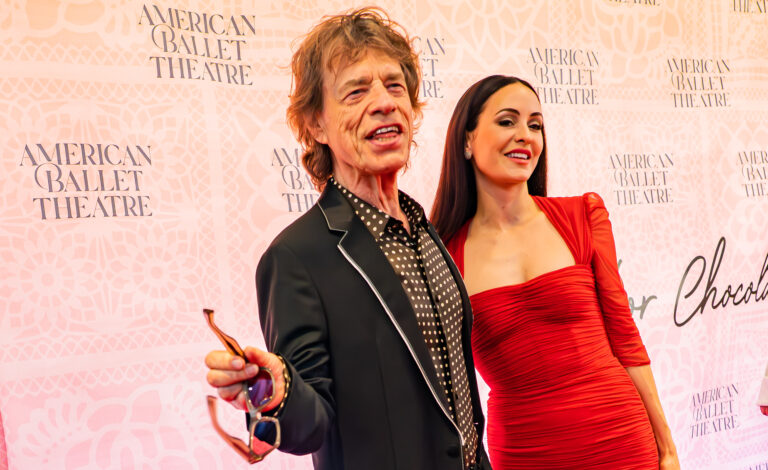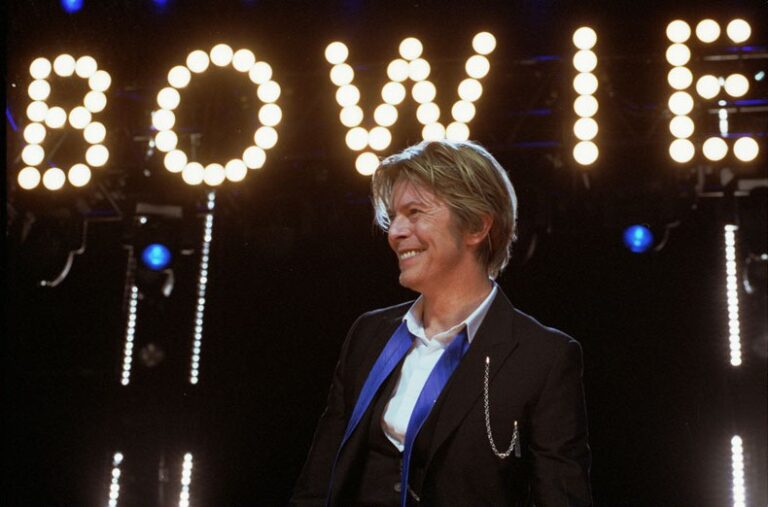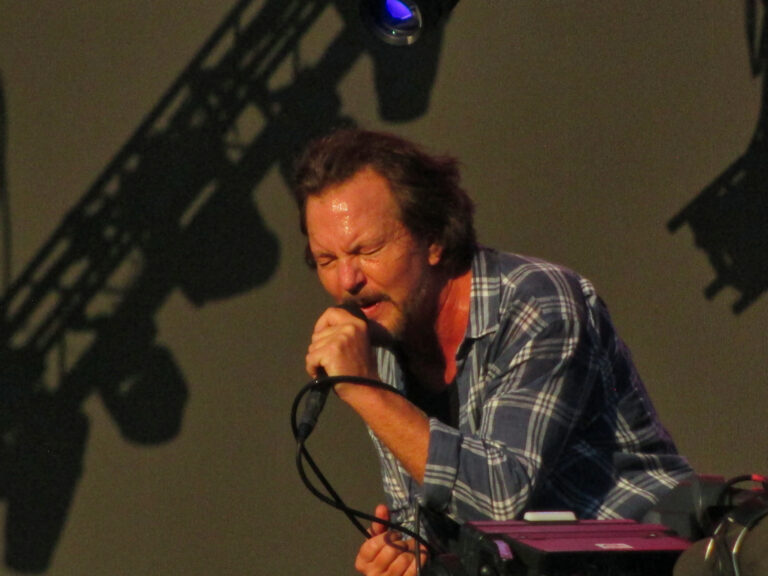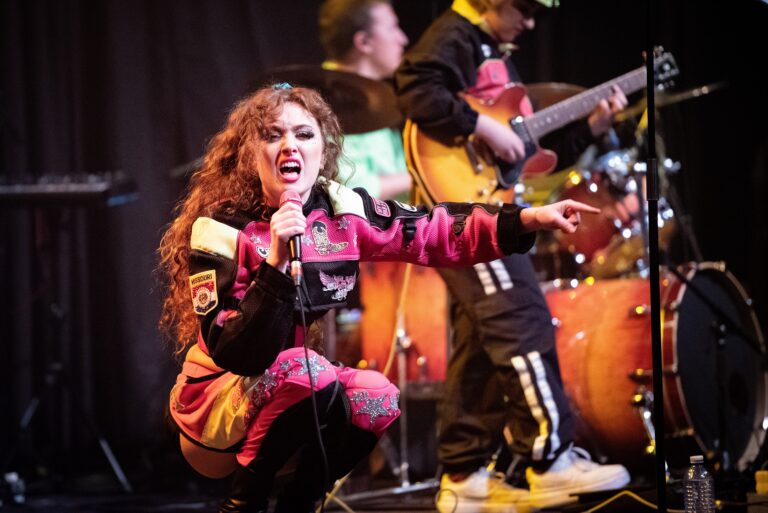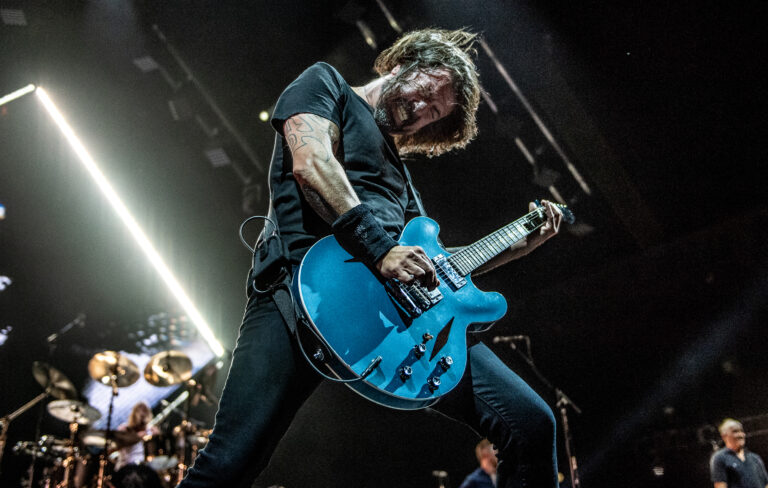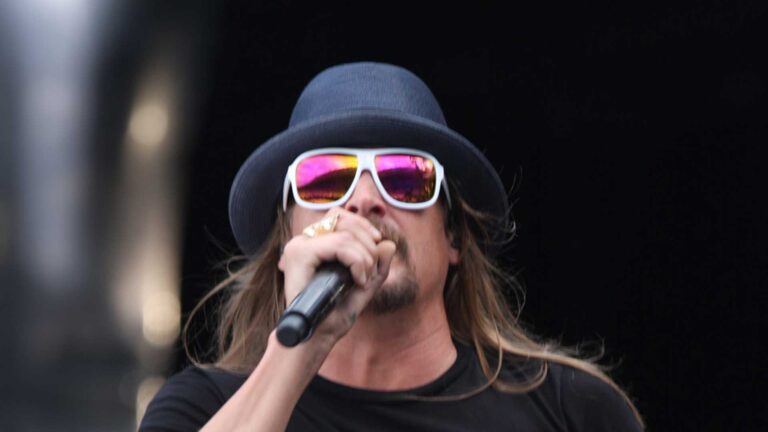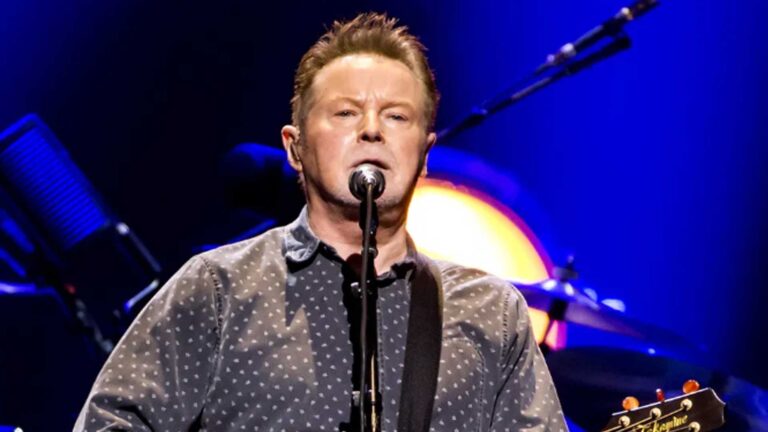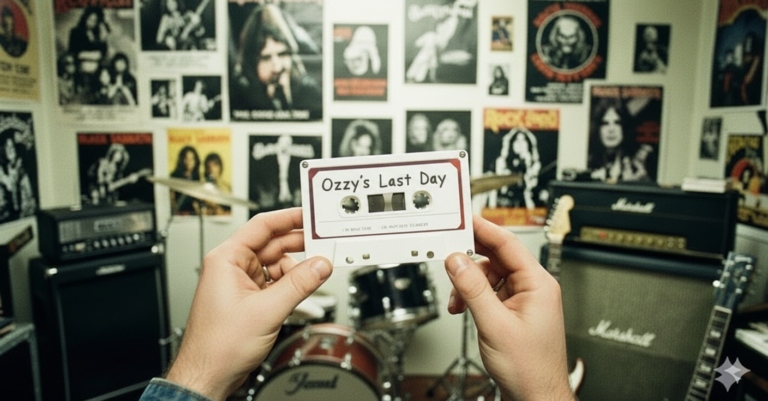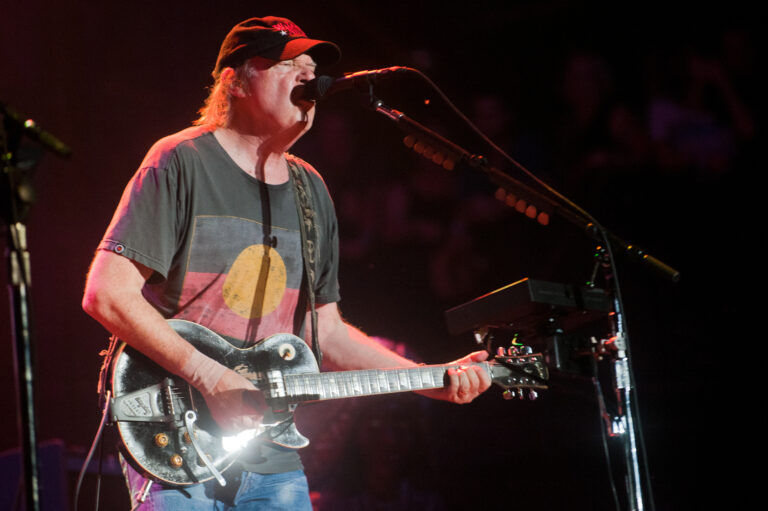
Nancy Wilson Calls Out Trump for Using Heart Song at Military Parade
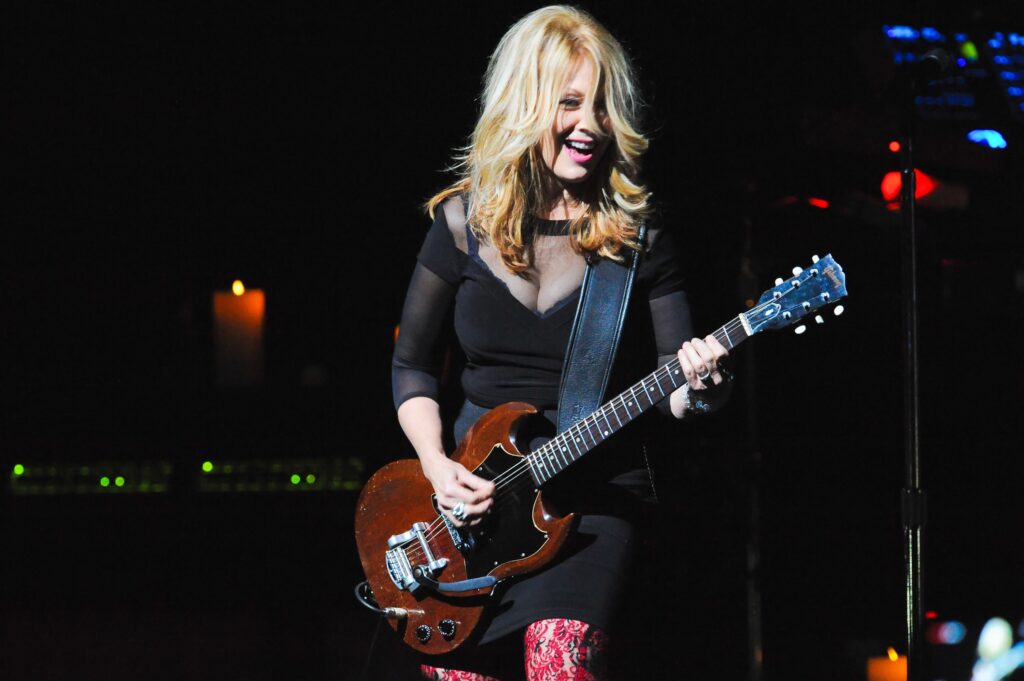
In recent news, Nancy Wilson, the renowned guitarist of the band Heart, has openly criticized the usage of their iconic song “Barracuda” during a military parade organized by former President Donald Trump. The event, which took place in Washington, D.C., aimed to celebrate the 250th anniversary of the U.S. Army and coincided with Trump’s 79th birthday. However, the use of “Barracuda” without Heart's permission sparked significant controversy and gained widespread media attention.
Wilson took to social media to express her discontent, stating that the song, originally co-written and performed with her sister Ann Wilson, was never intended for political purposes. Her post highlighted a deep-seated respect for the U.S. Armed Forces, drawing from their personal connection as daughters of a U.S. Marine Corps major. However, she voiced that the use of their music should align with the original intent of the artists, particularly in political or public displays.
The parade featured a grand showcase of military hardware, including tanks and helicopters, reportedly costing between $25 million and $45 million. Despite the glamour of the event, it was outshone by extensive nationwide protests known as “No Kings” rallies. Roughly five million individuals participated in over 2,100 protests, opposing Trump’s policies and what they perceived as authoritarianism. The juxtaposition of Trump’s military celebration and the large-scale protests underscored the politically charged atmosphere surrounding the parade.
This is not the first time Heart has been involved in political disputes over their music. In 2008, the Wilson sisters issued a cease-and-desist order to then-Republican Vice Presidential nominee Sarah Palin when “Barracuda” was used at the Republican National Convention. Moreover, Ann Wilson had stated in a 2018 interview that “Barracuda” could be used by any presidential candidate in 2020, except for Trump. This historical prelude adds depth to the current discourse, demonstrating the persistent effort by musicians to control how their art is presented politically.
Nancy Wilson's Instagram post received mixed reactions. While some fans supported her stance, others criticized her decision, pointing out a perceived inconsistency in advocating for the military while objecting to the song’s use at a military event. Comments from followers ranged from supportive notes on her integrity to accusations of disrespect towards the military and the presidency. This polarized response reflects the broader societal debate on the intersection of art, politics, and personal belief systems.
The use of music in political campaigns has been contentious for years, with numerous artists publicly objecting to their songs being associated with political causes or figures they do not support. A range of musicians, including Adele, Beyoncé, and Rihanna, have all expressed dissatisfaction with the unauthorized use of their music in political contexts. This ongoing issue underscores a broader conversation around artists’ rights and the moral implications of their work being co-opted.
Ultimately, the incident with “Barracuda” highlights an ongoing struggle for control that many artists face regarding the public use of their music. In an industry where music is often leveraged for symbolism at events and rallies, Nancy Wilson's voice amplifies a critical dialogue on artistic integrity and the rights of creators to delineate the boundaries for the use of their work. As the music industry continues to navigate these waters, the advocacy displayed by Heart represents a significant chapter in this ongoing narrative.
Key Takeaways
-
www.billboard.com | Nancy Wilson of Heart expressed dismay that their song 'Barracuda' was used without permission at Trump's military parade, emphasizing the song was never meant for political use.
-
ultimateclassicrock.com | The unauthorized use of 'Barracuda' by Heart at Trump's parade sparked criticism from Nancy Wilson, who specified that their music should not be politicized.







